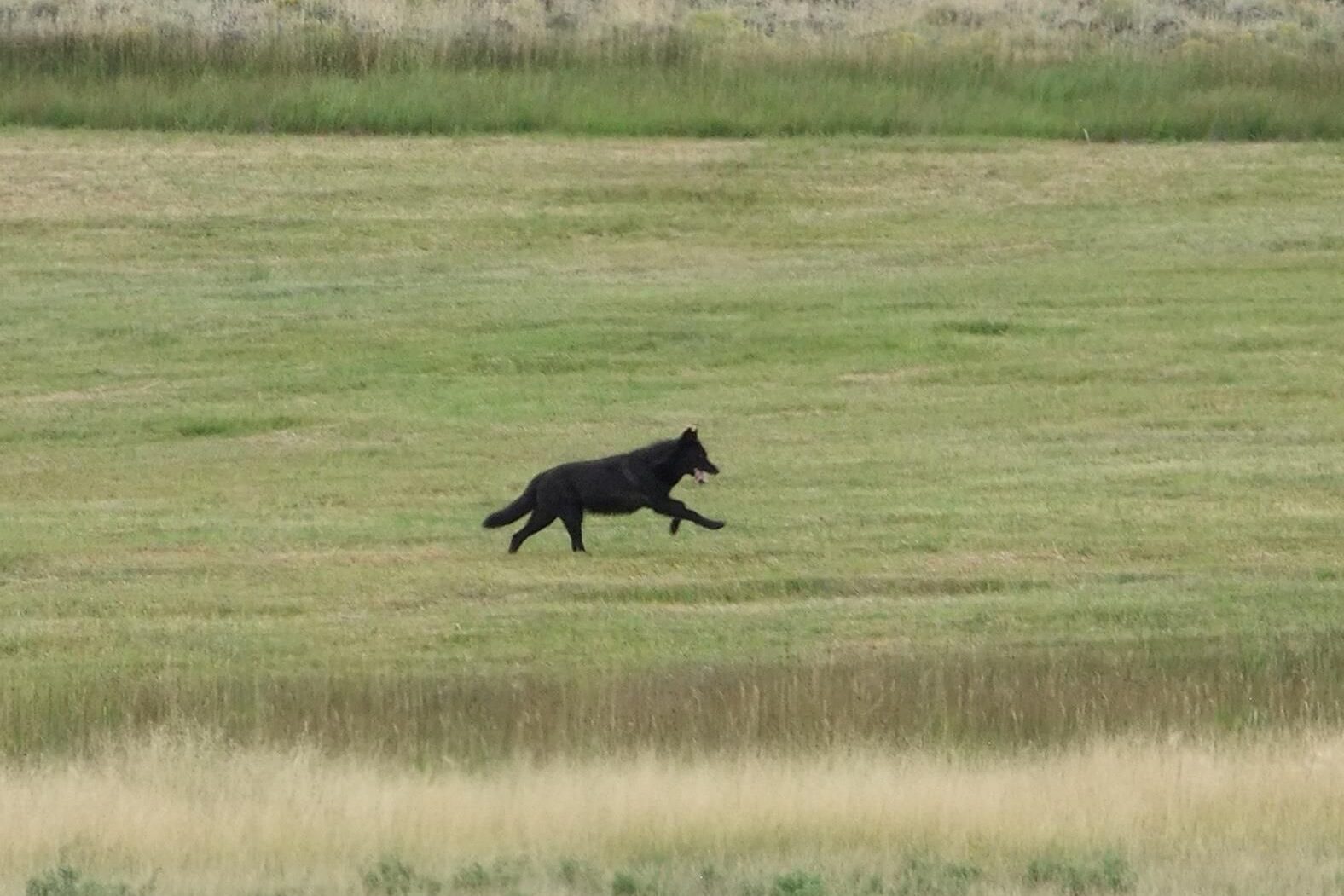
It appears there may not be a mystery pack of wolves living in northwestern Colorado and killing local livestock after all.
Last month, Colorado Parks and Wildlife officials dispatched a news release acknowledging it was investigating the possibility that wolves were responsible for killing cattle in the White River National Forest.
The news immediately set off speculation that Colorado could have its second known wolf pack. State wildlife officers are tracking a wolf family living in Jackson County, but the animals' territory was more than 100 miles from the site of the livestock deaths near Meeker.
In testimony before the Colorado Parks and Wildlife Commission Thursday, Travis Black, the agency’s northwest regional manager, said the cattle belonged to rancher Lenny Klinglesmith, who reported 18 dead calves to the agency in early October.
Black said initial investigations revealed some cattle had injuries consistent with wolf attacks, which prompted his agency to search for evidence of a pack in the area. Those efforts included flyovers in aircraft, camera traps and howling surveys, where wildlife officers mimic wolf howls to try to elicit a response, Black said.
None of those efforts turned up any evidence of wolves in the area.
"We're scratching our heads a little bit. We really don't know what has occurred up there," Black said.
Complicating matters, Klinglesmith has found additional dead livestock in recent weeks. Black told commissioners the rancher had lost at least 40 cattle in total, but only "a handful" had any injuries that might have indicated wolves as the possible cause. Klinglesmith did not immediately return CPR News’ request for comment.
It's unclear what’s killing the animals. Black said a veterinarian working with the rancher raised the possibility of clostridial bacteria, which can infect and kill cattle within hours. Another potential cause could be livestock-protection dogs.
Black assured commissioners that wildlife officers would continue to monitor the area but said his agency could use the help of veterinarians or other experts to determine what's killing the cattle.









